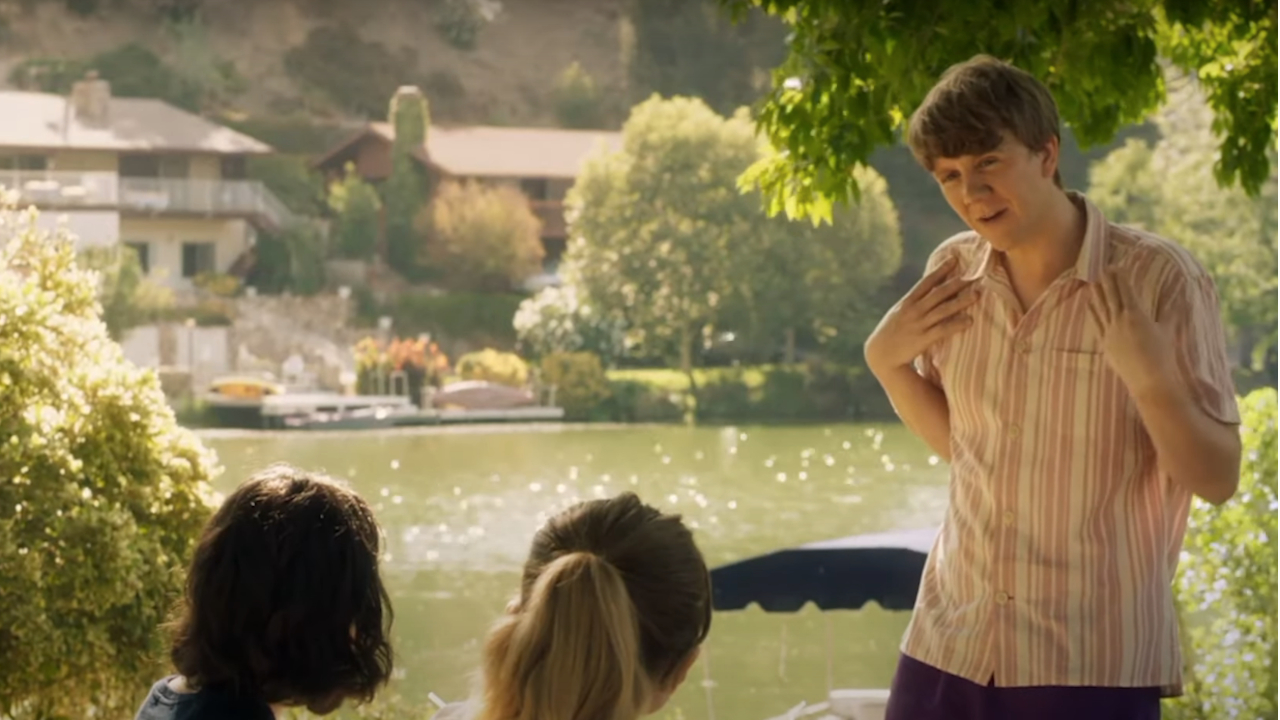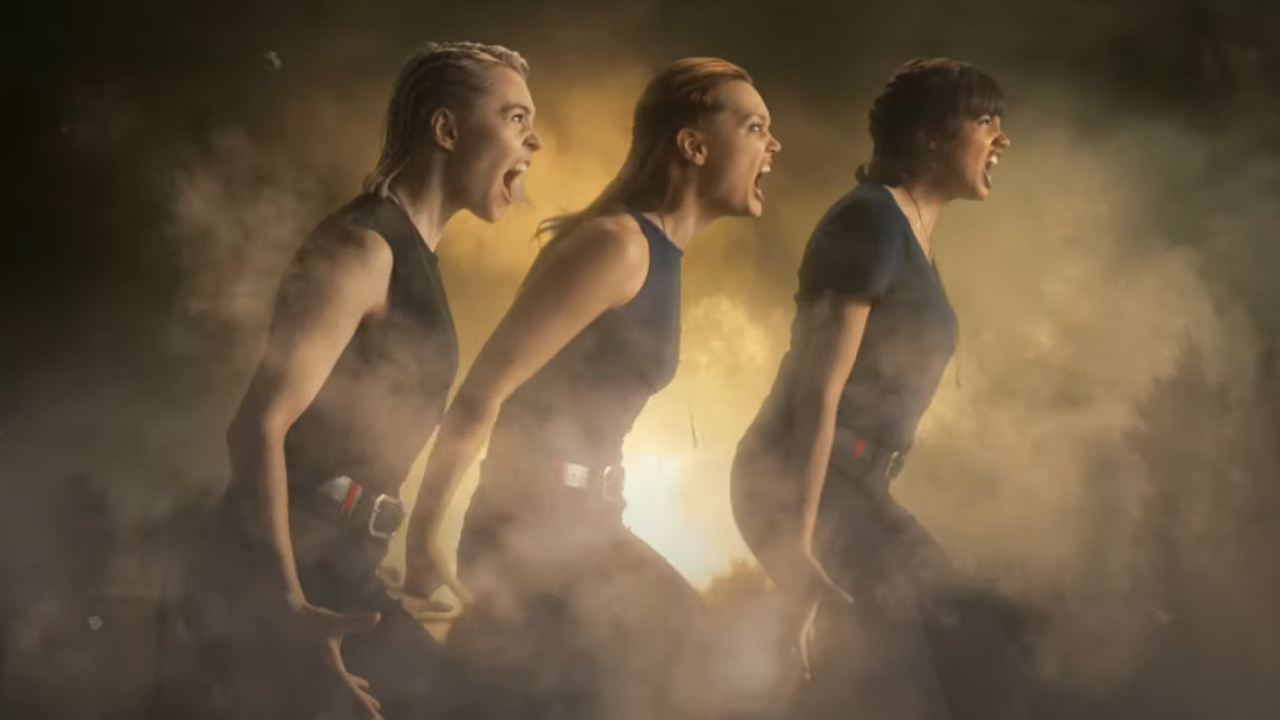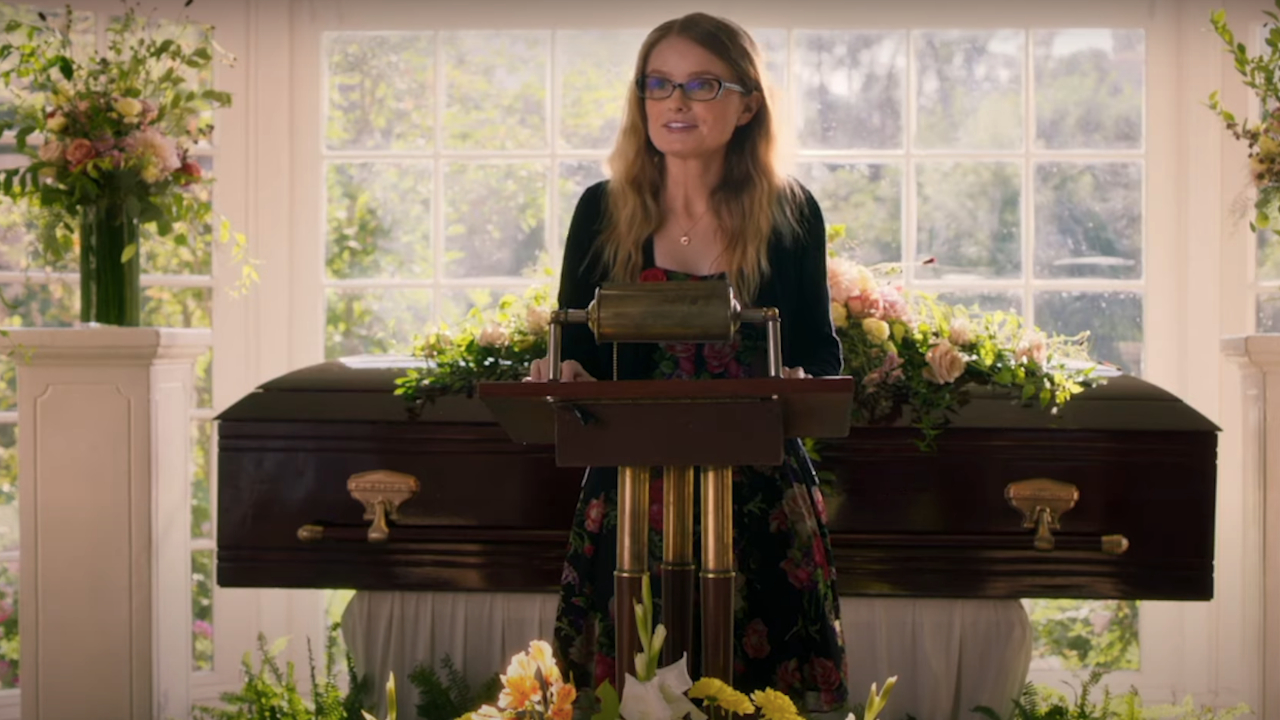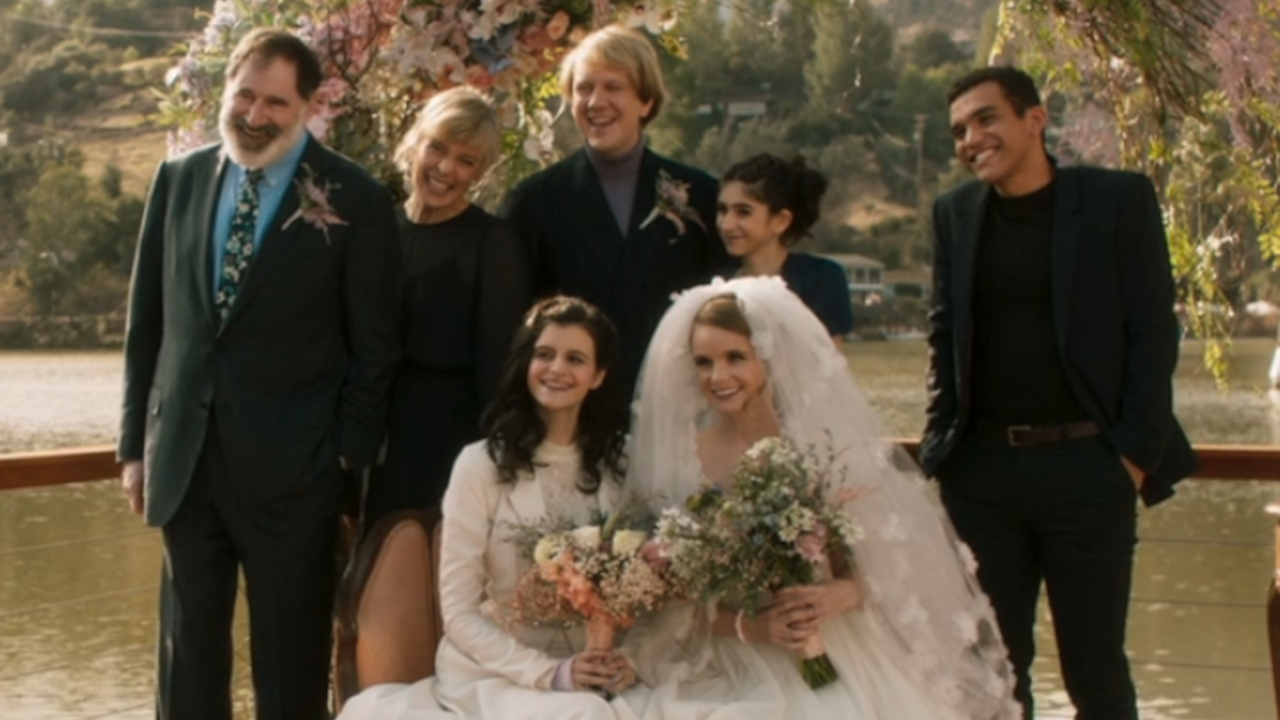
While the 2023 TV schedule has given us plenty of excitement, there are still those shows of the recent past that continue to linger on as old friends waiting to be discovered on streaming.
One such series was a heartwarming yet snarky sitcom that focused on one family’s experiences with, among other things, grief, love, and autism. That series was Josh Thomas’ Everything’s Gonna Be Okay, and in honor of World Autism Month, it felt like a good time to talk about why I miss this series, and how its absence is still felt two years on. But first, let’s do a quick run through of the overall plot to the series, before getting into why I still miss what could have been.

The Basic Storyline Of Everything's Gonna Be Okay
Everything’s Gonna Be Okay focused around entomologist Nicholas (Josh Thomas), a comedically self-centered man who randomly finds out that his father is about to die of cancer. In one of their final conversations, he’s asked to assume guardianship of his half-sisters, Mathilda (Kayla Cromer) and Genevieve (Maeve Press).
Having lived in Australia for most of their lives, Nicholas would then have to adjust to being their guardian in the U.S., while overcoming grief and trying to be the best guardian/half-brother he can be. Part of that adjustment would come from him learning how to care for his half sisters, with some of the focus being put on Mathilda, who is autistic.
Unfortunately, in 2021, creator/star Josh Thomas announced on Twitter that Season 2 would be the last for Everything’s Gonna Be Okay, closing up shop with just 20 episodes to its credit. While it sounds like it was by choice, it’s unfortunate that the series isn’t still running, for several reasons.

Everything's Gonna Be Okay Was Part Of An Era Of Freeform I Miss
During the 2020 lockdown, there was a handful of Freeform shows that made the unpleasant “new normal” much more bearable. That year saw three amazing shows on the network: Motherland: Fort Salem, a short-lived reboot of Party of Five, and Everything’s Gonna Be Okay.
All three series were built on characters of diverse backgrounds telling stories in compelling narratives. As Motherland was female focused storytelling with a queer lead (and great LGBTQ+ representation), and Party of Five explored an undocumented Latinx family’s inner workings, Everything's Gonna Be Okay was right at home as a comedy-drama centered on a family with autistic members.
If just one of these series was off the air, it might have been alright. But as of last summer, all three of these shows are now gone, with Motherland: Fort Salem lasting the longest, and its third season debuting on TV and Hulu in June 2022. As someone who’s always looking for storytelling with an interesting hook, I miss having these series in my regular rotation.

Josh Thomas’ Sitcom Dealt With Real Issues In Realistically Funny Ways
Nicholas being forced to grow up after choosing to care for his sisters didn’t turn Everything’s Gonna Be Okay into a mere cry fest. Nor was Mathilda’s autism used to create manufactured drama or awkward comedy, as most traditional sitcoms may have used it. In fact, the double length pilot episode established the tone from the start, through one moment with who could be considered to be one of the best TV characters on the spectrum.
In Mathilda’s eulogy for her father in the first episode, “Seven-Spotted Ladybug,” Kayla Cromer’s character calls out some of her own autistic traits in the name of good natured humor. She encourages the audience to laugh with her, not at her, while also inspiring tears due to how she honors the memory of her father. Everything’s Gonna Be Okay was already pretty amazing for how it handled stories of autistic living from the jump, and it isn’t all that surprising, considering the pedigree it has.
As an autistic/ADHD neurodivergent himself, Josh Thomas’ creation of this series rather deftly lasered in on good natured, identifiable humor. Rather than singling out any character with autism as “the other,” we were treated to stories that featured neurodivergence at face value, with the drama and comedy coming from the Moss family’s own humanity and sexuality. Which led to some complicated situations where Nicholas would have to help his both sisters deal with consequences to their actions.

Everything's Gonna Be Okay Actually Cast Autistic Actors In Lead Roles
Josh Thomas’ neurodivergence wasn’t the only step that was made towards portraying an authentic autistic experience. Alongside Thomas’ role as the creator/star of the series, there were several major autistic characters that were cast with actors who are actually on the autism spectrum.
One of the castings that made news before the show’s debut was that of that Kayla Cromer as Mathilda. This was not only because she is an autistic actor, but also because of Variety’s reporting that Cromer landed the role by self-submitting an audition without an agent. Also, fellow series regulars Carsen Warner (playing her friend Jeremy) and Lillian Carrier (who played Mathilda’s eventual wife, Drea) are also autistic.
According to Nerdist, Carrier was also brought onto the show as their Autism Consultant. Keeping in the spirit of Mathilda’s character, the other autistic characters are treated with the same warmth and respect as her. From the development of the show, and through its execution, Freeform landed a series that properly told stories of growing up, through both a neurotypical and neurodivergent lens, while also being hysterical and heartbreaking in equal measure.

Why Everything's Gonna Be Okay Should Have Never Been Canceled
There were so many more stories to be told in the world of Everything’s Gonna Be Okay. There was also a bit of a cliffhanger at the end of its two-season run, thanks to two huge happenings. If you’re looking to experience the show without spoilers, I’d skip down a couple of paragraphs.
Ready?
The series finale left two big threads hanging when all was said and done. Mathilda got married to her friend and eventual love interest Drea, despite her family’s objections, and Nicholas was recently diagnosed with autism himself. Two new story paths opened up in that decision right there.
In addition to the added ups and downs of the Moss family’s lives, Mathilda’s marriage to Drea would have given the world a romance plot to follow between an autistic couple. Also, Nicholas working through his own diagnosis would have added another component to his personal development. Ultimately, these influences would have even led to Genevieve potentially having to grow into her own person a little earlier, thanks to her siblings and their big news.
End spoilers!
I really miss Everything's Gonna Be Okay because it was a family sitcom that was open about sexuality and neurodivergence that took autism out of “very special episode” territory, and depicted everything it touched with relatable warmth and humor. As an ADHD neurodivergent, the existence of a show like this has me hopeful that more series that are authentically created and executed will follow in its footsteps.
But, above the groundbreaking, the laughs, and the tears, I still really want to know what’s going on with Nicholas, Mathilda, and Genevieve. Everything’s Gonna Be Okay is still streaming on Hulu, in its complete 20 episode run, should you choose to take the journey.







